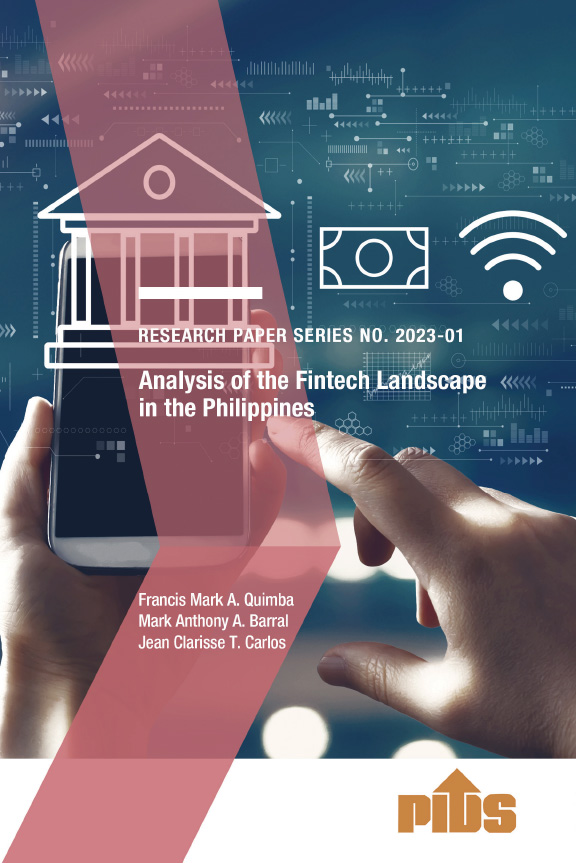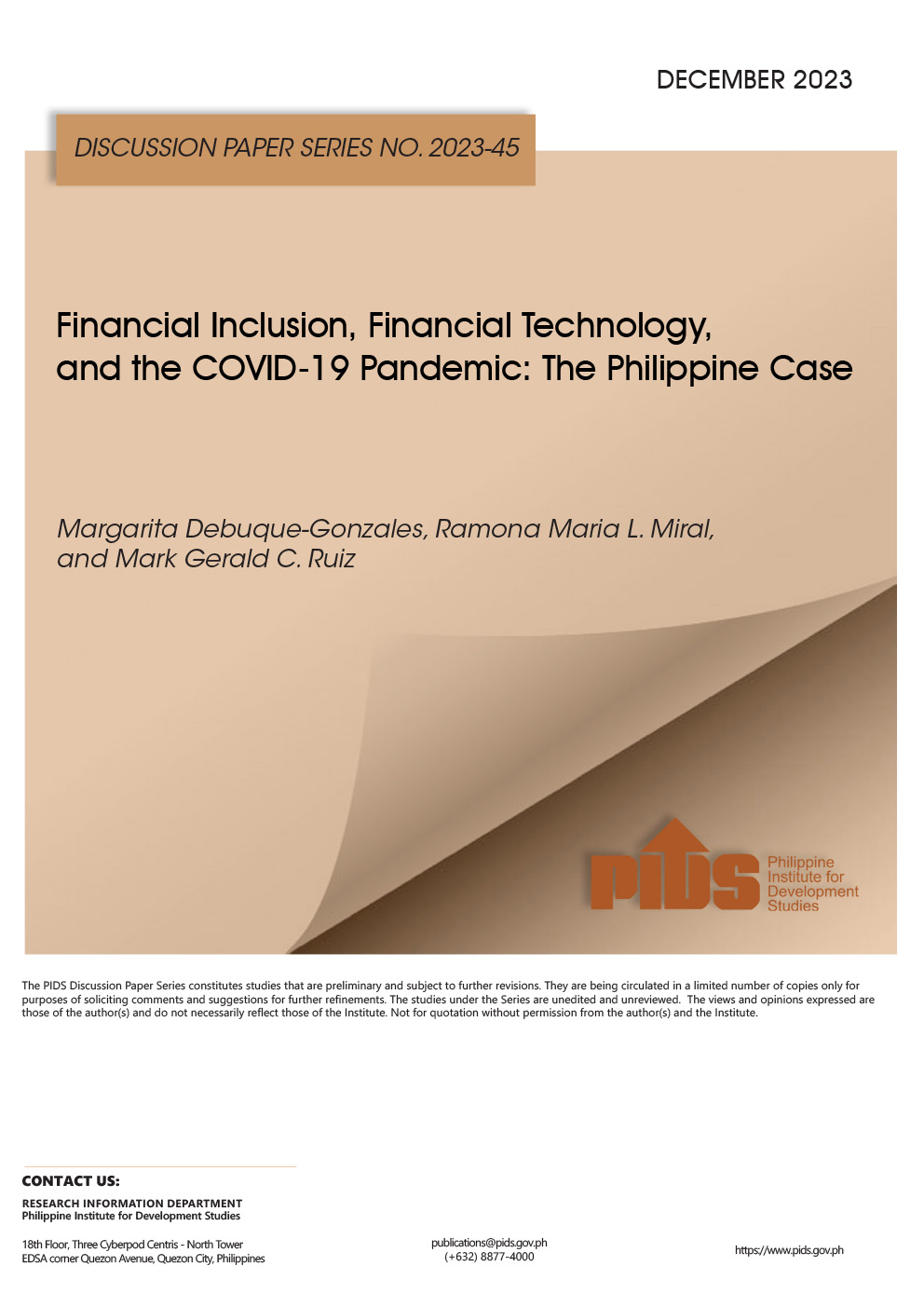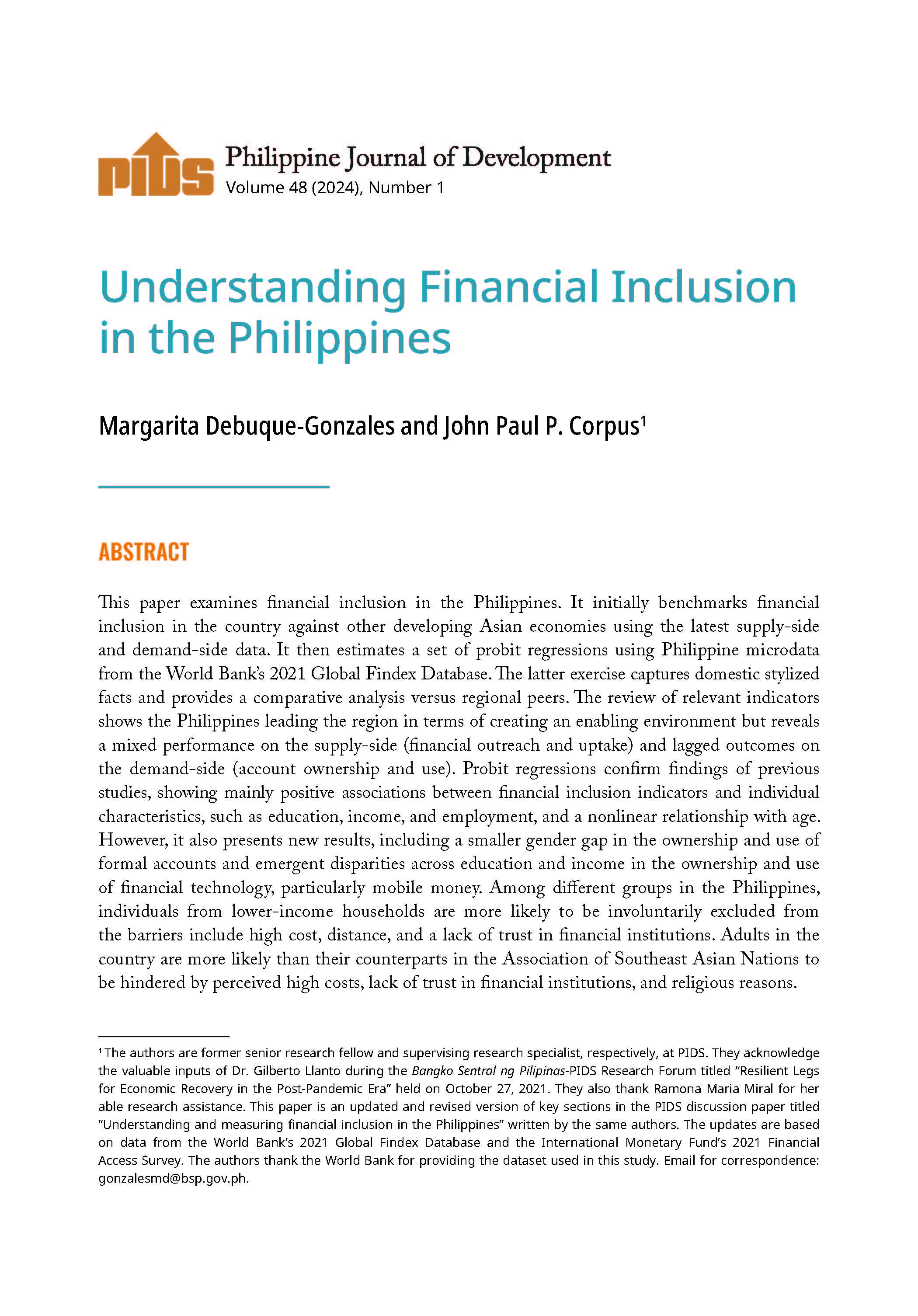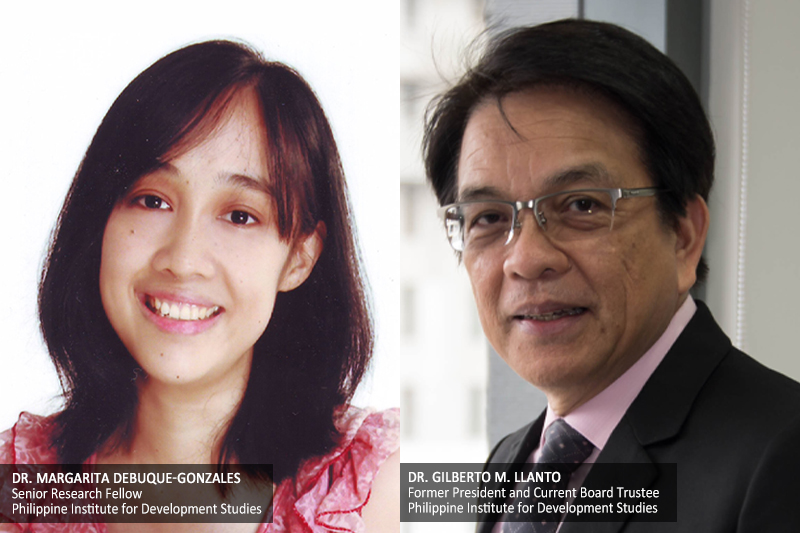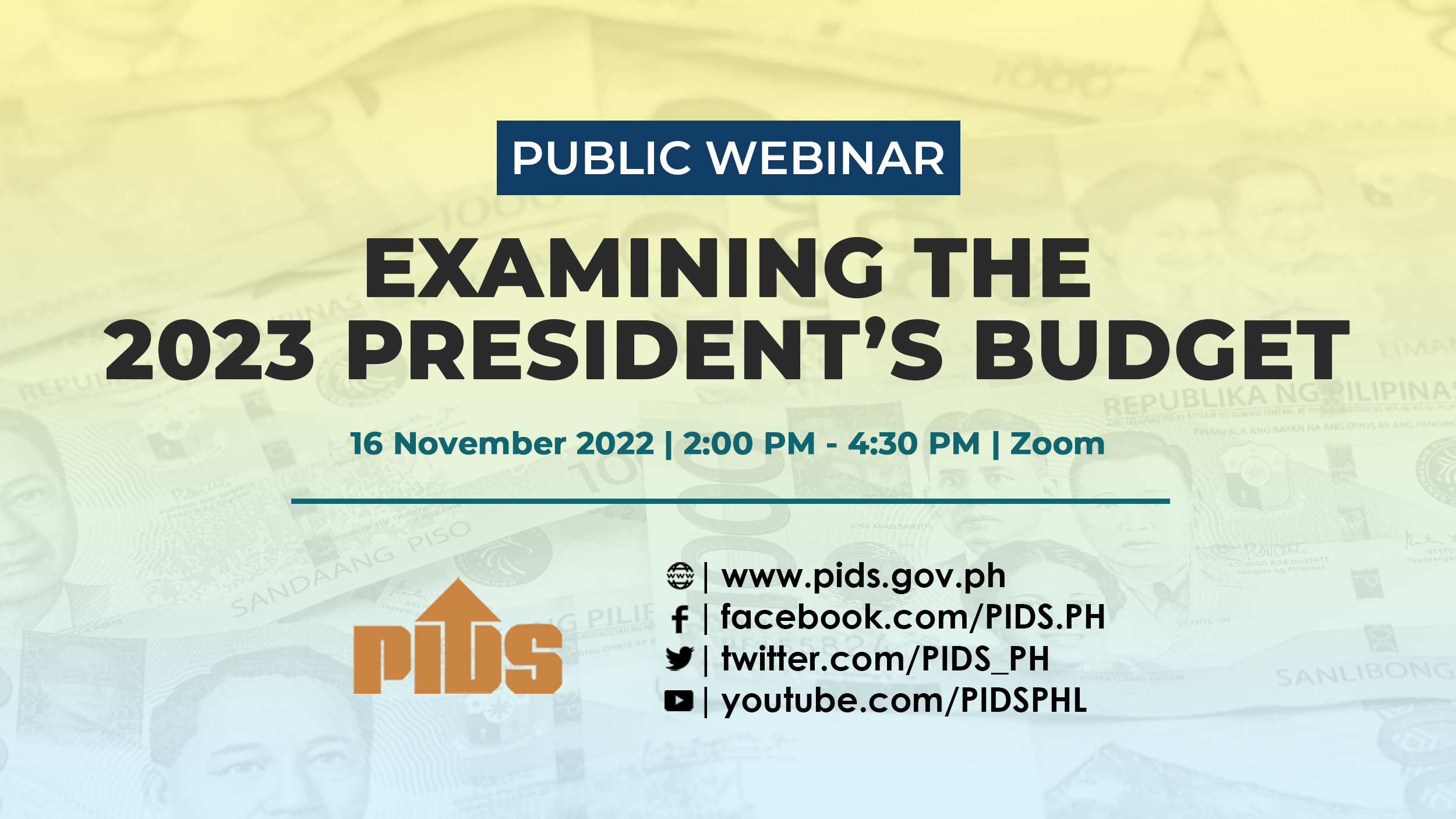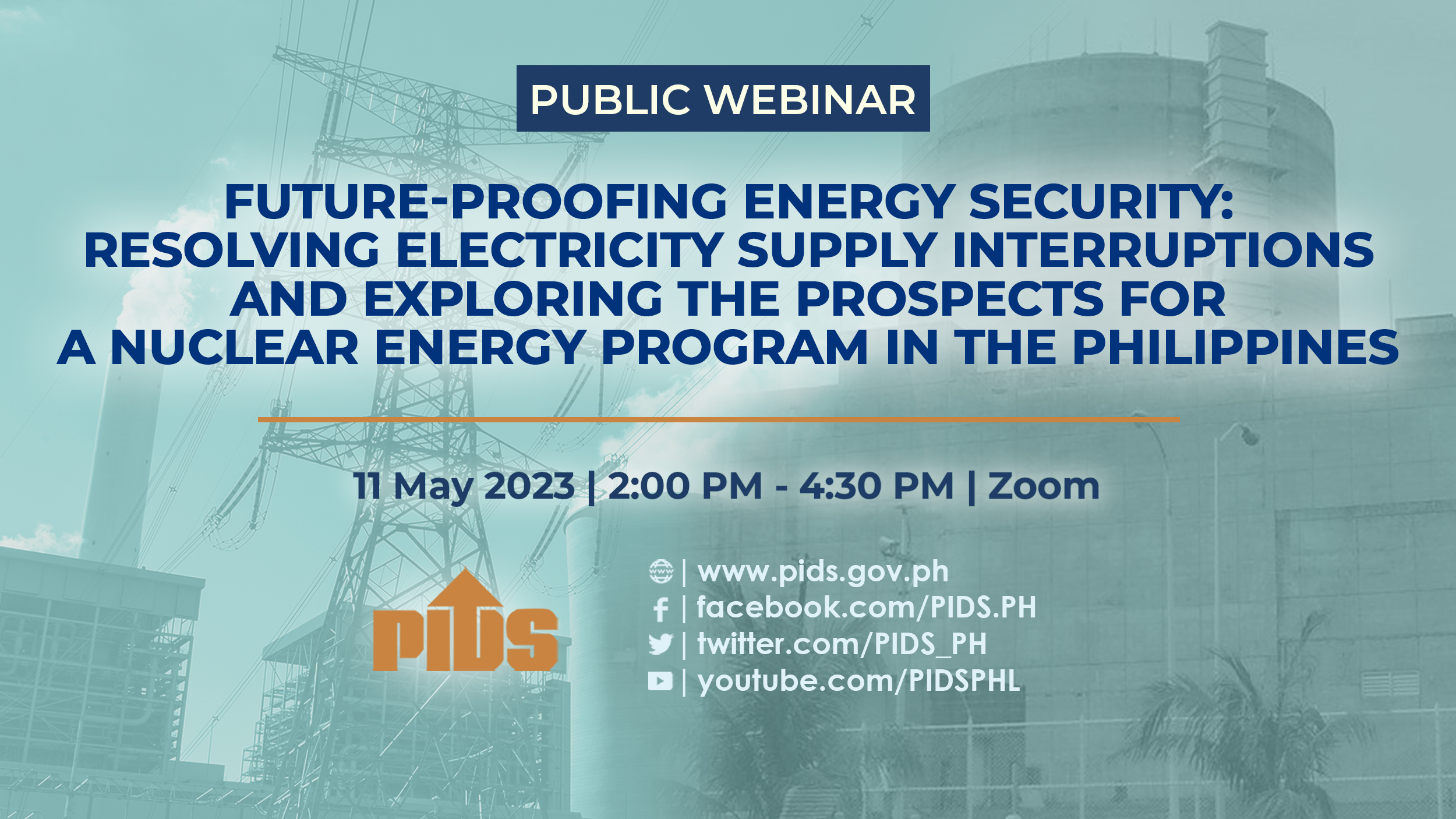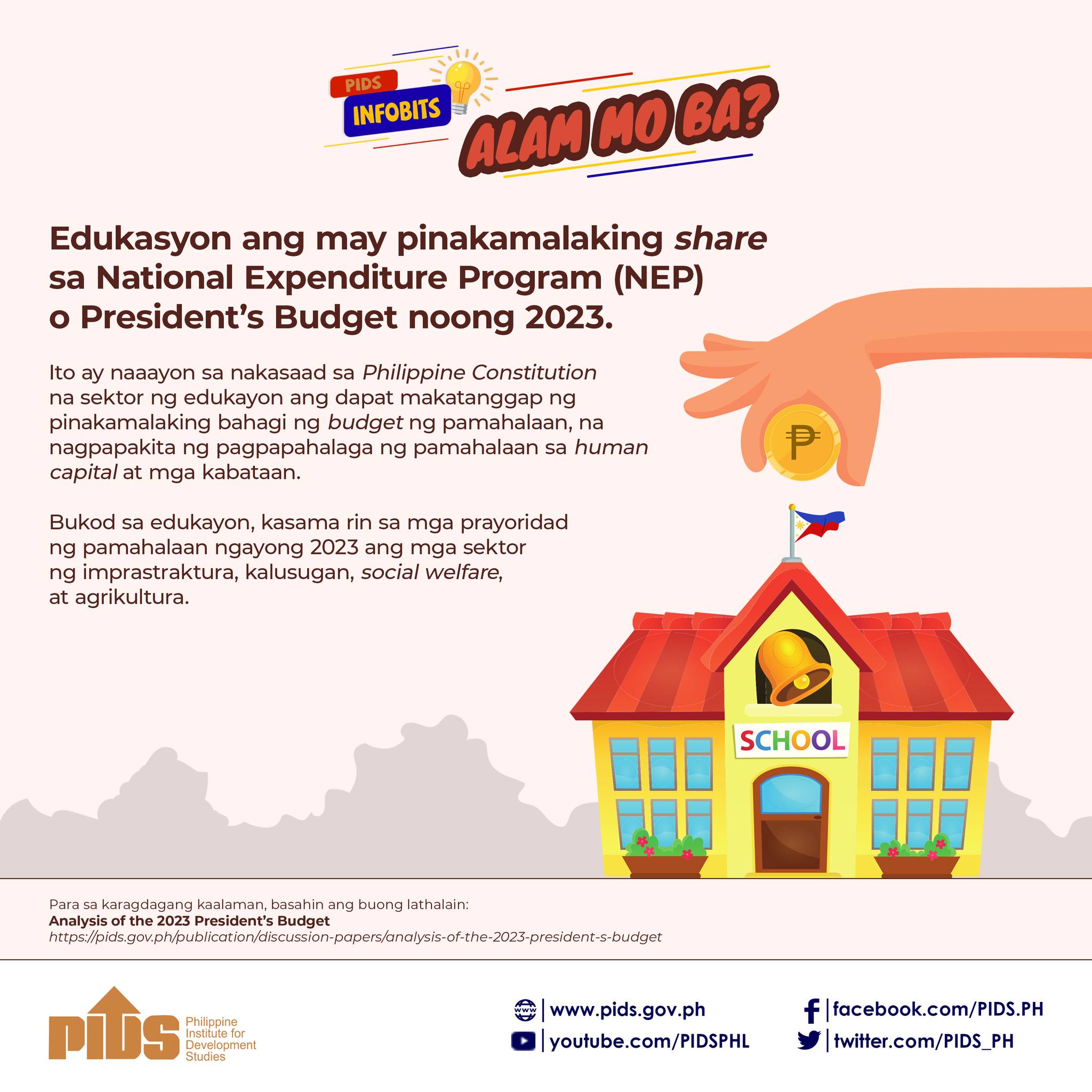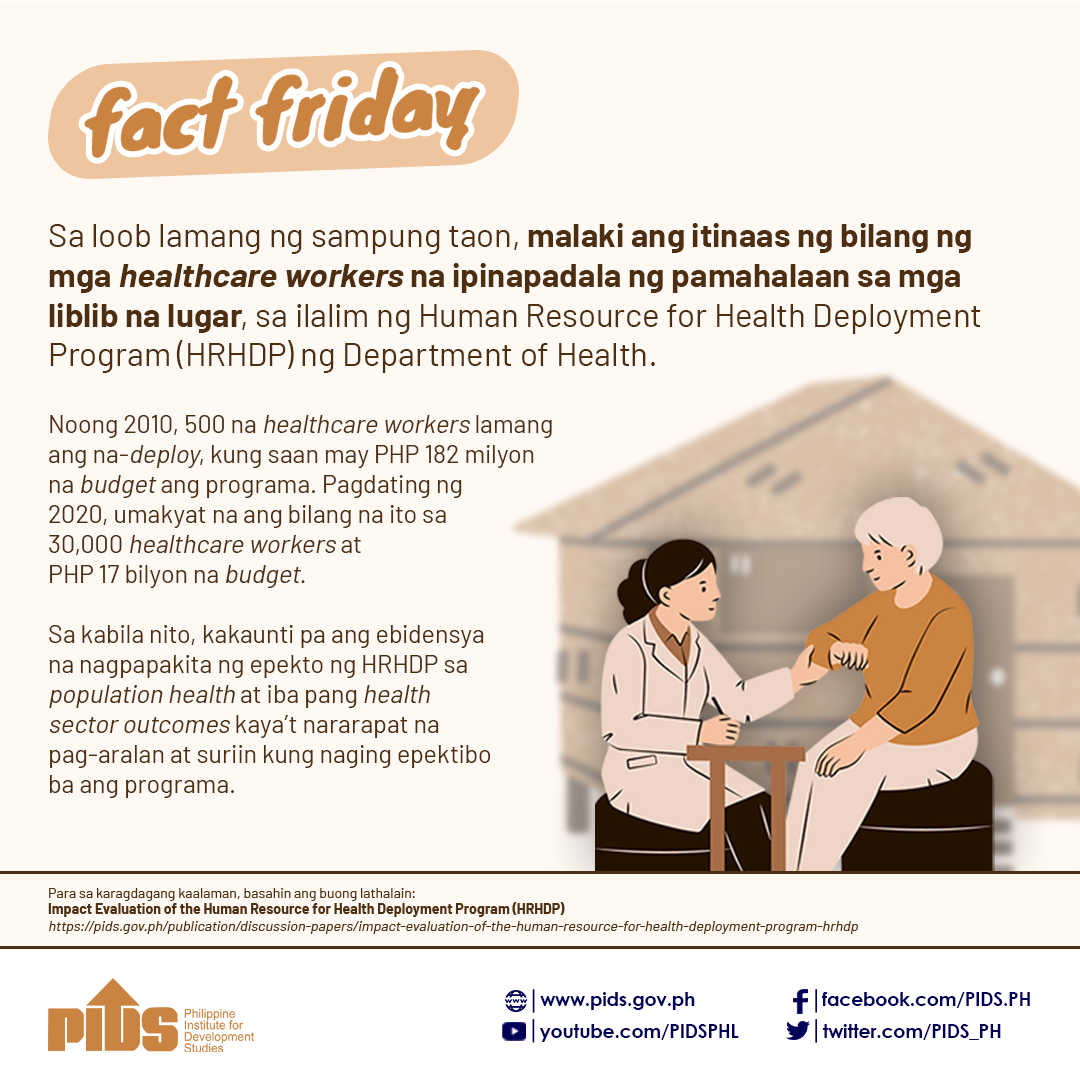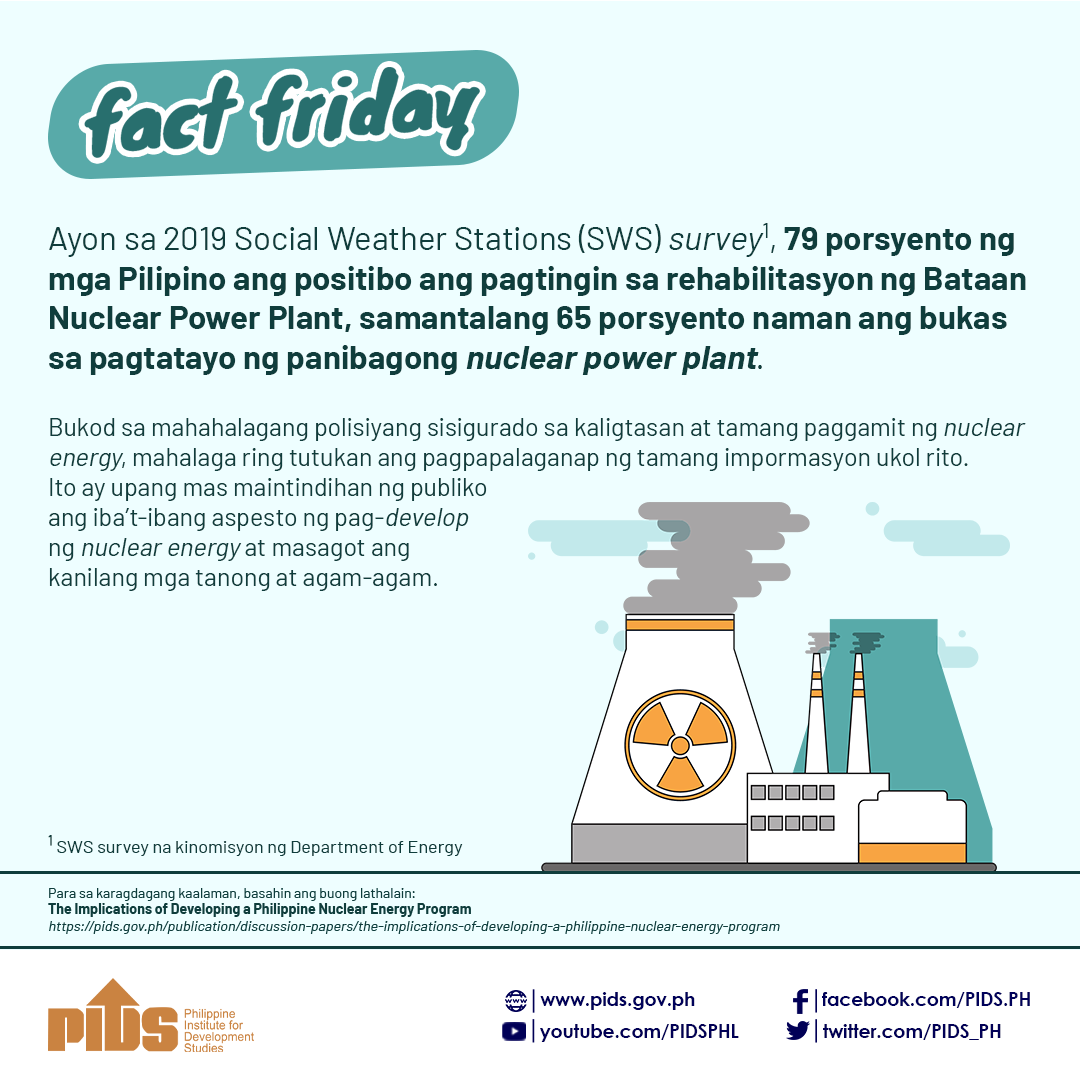The Fund Managers Association of the Philippines (FMAP) and the Ateneo de Manila University are developing a certificate program on fund management set to roll in the second half this year.
The FMAP aims to professionalize fund management in the country by integrating behavioral finance in the curriculum and designing exams that can make traders of capital markets skilled early on.
Through this certificate program, you have the minimum capability already to be a fund manager. Well, you can be a trader and then a fund manager—it’s just a job. There’s no kind of a bar or exam they have to take in order to be a fund manager,” FMAP’s founding President Marvin V. Fausto said.
To be a sound fund manager, the program will highlight the influences of emotions in behavioral finance on rational thinking that can accurately predict financial decisions of investors.
When the market [of financial instruments with maturities of one year or more], goes up or down, you are affected by your emotions. So, you have to learn the basics of rational, as well as irrational thinking,” Fausto explained.
The members of the FMAP will personally illustrate to the graduate students their experiences with investors who may become more motivated by psychological and social factors than price models and market efficiency.
The FMAP will discuss behavioral finance as a relatively new concept that was initiated in the 1960s by cognitive psychologist Daniel Kahneman, along with fundamental analysis, equity, fixed income and portfolio management.
Kahneman, who has written more than 200 books on the field and won the Nobel Prize in Economics in 2002, challenges conventional economics that believe people decide based on ideal situations.
Through the program, Fausto promises the FMAP will adapt the students to effectively control risks, which are emerging from various sectors of the society, and profit from the weaknesses of financial institutions.
Before the interest rates were double digit, so you don’t really need fund management. You can earn already by putting your money on time deposit. Now if you put your money in the bank, you cannot earn so much. You need to take a little more risks,” he said.
According to the Bangko Sentral ng Pilipinas, savings-deposit rates on the average declined from 0.8 percent to 0.7 percent from 2013 to 2016, while 364-day Treasury bill rates rose from 0.7 percent to 1.8 percent in the same period. On the other, time-deposit rates maturing in a year or more grew from 1.1 percent to 3 percent.
Thus, Fausto sees a rising interest in capital markets among the youth who dare to take more risks and have the opportunity to divert part of their income to more profitable instruments.
Fund managers help you link with the complicated market—the economics, the political, etc. The common investor does not have the time and skills to invest their money. The thing is, you have to know where you are getting yourself into,” Fausto said.
He said the government’s inclination to policies that drastically change the current economic and business environment in alleviating poverty might dispel investors in capital markets.
This thing is, the risk we are facing because when you elect these people, the policies become uncertain that the rule of the elite in the markets is totally disregarded. When you do not know the status quo, risks increase and investments become volatile,” Fausto said.
Fausto noted this political development in the county and the world offers the FMAP a chance to prepare the students to neutralize this aspect of the market.
The Philippine Institute for Development Studies (PIDS) added the market forces should be allowed to operate freely to satisfy the public’s financial needs and capacities that match the resources the markets can provide.
The policies should enhance the way the markets play their allocation role; policies that constrain the markets would not work for the common good,” Dr. Gilberto M. Llanto elaborated.
The FMAP and the PIDS agree the government should create more financial incentives that can attract investors in capital markets for funding its projects and propelling the economy into higher growth.
The government is talking about the ‘golden age’ of infrastructure, and has taken the right path of reforming the taxation system to raise more revenues and make it more equitable.
A parallel effort should be made to deepen and widen the capital markets to raise substantial resources that a golden age of infrastructure will require”, Llanto said.
Thus, the PIDS support the goals and methods of the certificate program in raising fund managers who can engage the public in the capital markets to address personal and national financial challenges.
There is a need to foster financial education and build trust in the capital markets among investors, especially small investors,” Llanto said.
FMAP, Ateneo link up in fund-management program

